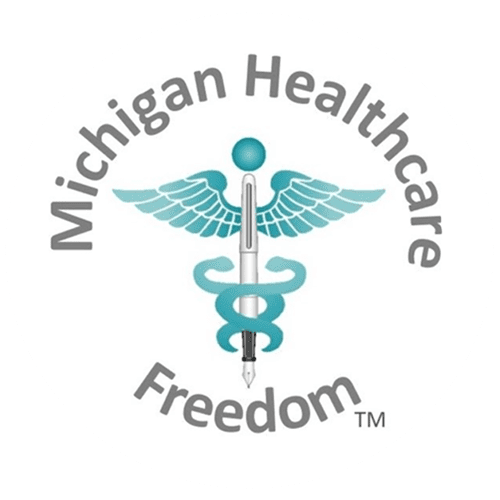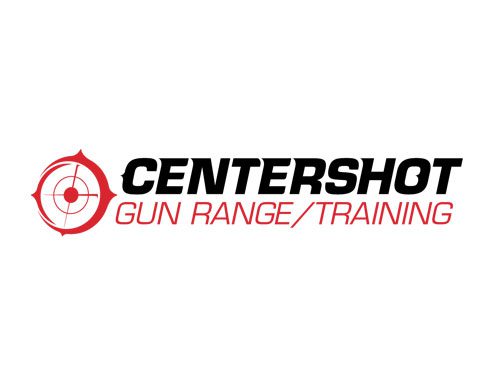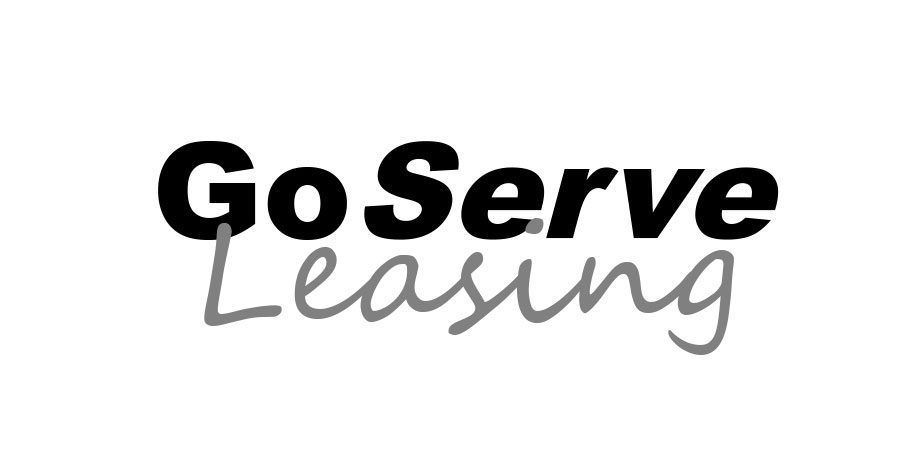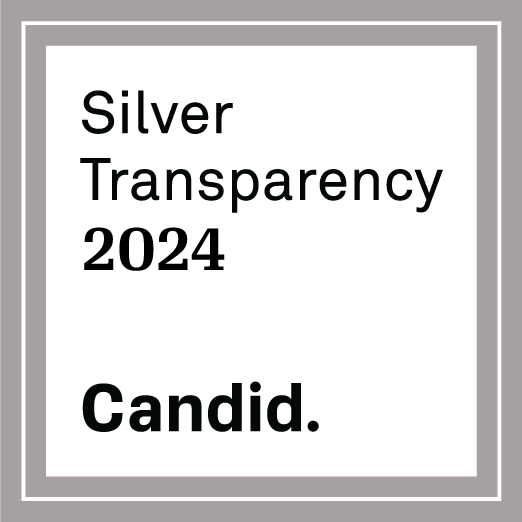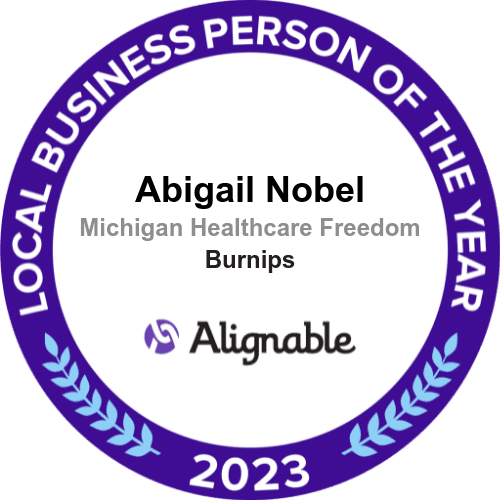
The Veteran's Health Care Act (P.L. 102-585) (now Section 340B(a)(4) of the Public Health Service Act) "340B" drug pricing program is very popular amongst nonprofit hospitals and Democratic legislators because it forces huge discounts on Big Pharma. The Michigan Senate passed SB 94 back in March which will mandate drug suppliers' continued participation in the 340B program, if passed into law.
There are many problems with 340B, and one stands out here in Michigan. The 340B discounts cut Big Pharma's top line, transferring their profits to supposedly nonprofit hospitals. This reduces the corporate income tax proceeds from Michigan-based pharmaceutical companies like Pfizer. Nonprofit hospitals pay no corporate income taxes, so the State of Michigan loses that revenue completely:
A 'Free' Federal Program Is Blowing a Hole in State Budgets
By Dan Crippen - July 11, 2025An obscure, supposedly free federal program is quietly blowing a hole in state budgets -- by depriving state governments of billions in corporate tax revenue and inflating costs for their public employee health plans.
The culprit is the 340B Drug Pricing Program, which Congress established in 1992 to help safety-net hospitals. Once enrolled in the program, qualifying hospitals and clinics and their partner pharmacies -- collectively called "covered entities" -- can purchase medicines directly from drug manufacturers or wholesalers at roughly 50% discounts.
In the program's first year, just 50 hospitals enrolled. And as I documented in a recent white paper, Congress expected only about 90 hospitals to ultimately participate. But today, more than 2,600 hospitals are enrolled.
This explosive, albeit unintended, growth is the result of the program's lax requirements. Covered entities are not required to expand charity care, or even report how they use their 340B earnings.
Hospitals ultimately realized they could buy heavily discounted drugs and then resell them to insured, middle-class patients at huge markups. In some cases, hospitals have charged cancer patients nearly ten times what they paid to acquire the drug.
The opportunity to upcharge patients has proven irresistible -- and fueled the program's bloat. Total purchases through the program have soared 129% just from 2018 to 2023, more than triple the growth in drug purchases outside the program during that time. In 2023, covered entities purchased over $124 billion worth of medicines when priced at wholesale acquisition cost -- but only actually paid $66 billion, meaning they received roughly $58 billion in discounts on those drugs.
Numerous audits and investigations have revealed that many hospitals use the funds to subsidize expansion in affluent neighborhoods, rather than to support low-income or uninsured patients. Even at "disproportionate share" hospitals -- facilities that supposedly are safety-net providers -- less than half of 340B earnings go toward charity care.
This perverse behavior directly harms state taxpayers.
Because most 340B hospitals are technically non-profits, their earnings aren't taxed. The program effectively transfers $70 billion -- the $58 billion in discounted purchases, plus other discounts that result from the interplay of 340B with other programs -- from for-profit drug companies to mostly non-profit hospitals, clinics, and other covered entities.
As a result, states collect about $3.5 billion less in corporate income tax and other tax revenue from drug companies than they otherwise would. That's money not available for public health, education, infrastructure, or employee benefits.
The 340B program hurts states in other ways, too.
Consider how the program incentivizes hospital systems to acquire previously independent clinics -- which don't qualify for 340B -- and designate them as "child sites" that subsequently become eligible for 340B. A study in the New England Journal of Medicine found that 340B has "induced provider consolidation" and consequently resulted in "more hospital-based administration" of drugs, rather than clinic-based administration.
This, in turn, leads to higher healthcare spending, since care provided at hospital-owned sites is generally more expensive than care at clinics and independent practices.
In fact, care at 340B hospitals tends to be more expensive than care at competing hospitals too. The average per-patient prescription spending at 340B hospitals is roughly 150% higher than non-340B hospitals, according to a Milliman analysis.
That's partly because enrolled hospitals have a greater incentive "to prescribe brand drugs where the potential profit from 340B is greater than for generic drugs," as one Columbia University professor put it.
All told, large employers -- ones that "self-insure" their own health benefits -- and their workers spend over $5 billion more per year on health care as a result of 340B. Every extra dollar that businesses spend on health care is a dollar that's deducted from their taxable income.
The program also directly inflates costs for state employee health plans. Utah recently found that its Public Employees Health Program -- the insurance plan for roughly 160,000 state and local government employees -- is losing out on $3.9 million in rebate savings due to 340B.
Yet some state lawmakers are unwittingly compounding the damage -- by making it easier for pharmacies not currently enrolled in the program to contract with 340B hospitals and clinics. Utah recently enacted such a bill, despite the legislature's own study warning that if every pharmacy became eligible for the program, the state health plan would lose $14.6 million. Even a 10% increase in drugs prescribed through 340B would cost the plan an additional $1.9 million.
More populous states would obviously face much higher losses. For instance, imagine if California -- which already revamped its Medicaid program to minimize 340B losses -- were to similarly expand pharmacies' ability to contract with 340B enrollees. Its CALPERS health plan, which covers 1.5 million current and retired public employees, could easily lose tens, or perhaps even hundreds, of millions of dollars annually, depending on the number of pharmacies that join.
Instead of boosting charity care for poor patients, 340B drains public resources while enriching large hospital systems. Reform is desperately needed.
Dan Crippen is the former Director of the Congressional Budget Office. Dan is from Canistota, South Dakota.
